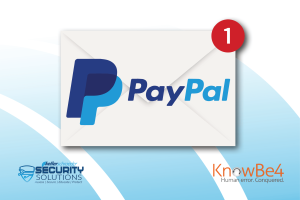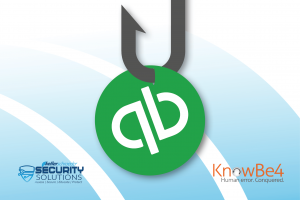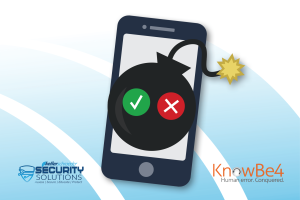
Security Tip of the Week – Zelle Fraud Alert Scams
Fraud alerts are a great way to avoid cyberattacks; however, cybercriminals are using fake fraud alerts to find their next victims.
Each month, Keller Schroeder’s subject matter experts provide content about the latest tools, services, and technologies to help you understand how you can better grow, protect, and optimize your technical environments. We also share weekly cybersecurity tips and you can find business cultural and leadership knowledge from our President.

Fraud alerts are a great way to avoid cyberattacks; however, cybercriminals are using fake fraud alerts to find their next victims.

Be on the lookout for cybercriminals taking advantage of high-profile news stories such as the passing of Queen Elizabeth II.

Cybercriminals are using fear surrounding moneypox outbreaks in one of their latest scams. Don’t fall for it!

When you make a phone call, do you really know who’s on the other end of the line? Here’s what to look for when identifying callback scams.

Cybercriminals can use legitimate websites like PayPal to pass through spam filters and take advantage of their next victim. Stay safe!

Energy bills are rising…and so are cybersecurity attacks. Keep a look out for this new scam that tries to phish you with a phony bill.

QuickBooks is a free tool often used to track finances; however, cybercriminals are using this tool for their own schemes.

Although Multi-Factor Authentication (MFA) can help keep your information secure, cybercriminals can still use it against you. Watch out!

You can probably spot a phishy email from a mile away. But what if you get an email AND a phone call? Would you respond then?

Cybercriminals can use WhatsApp to steal your account info to scam your family and friends. Do you know how to spot this scam?
Want to receive our monthly newsletter? Send us your contact info below to join our mailing list.